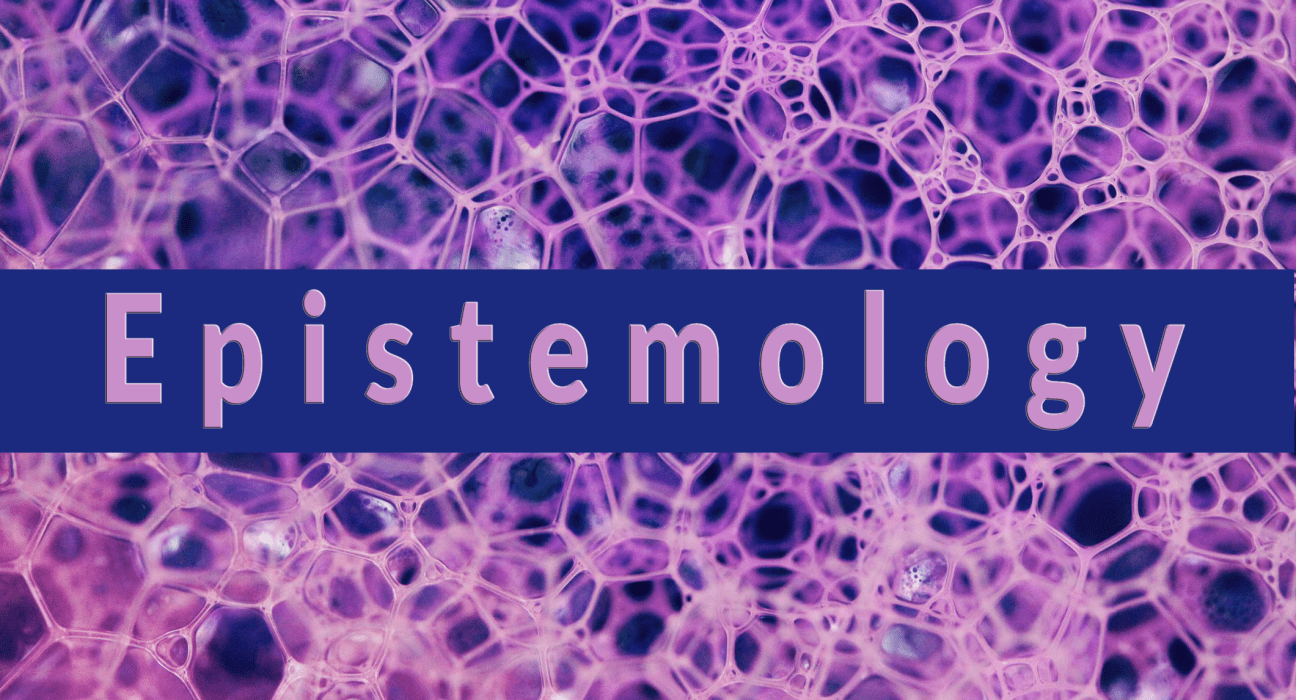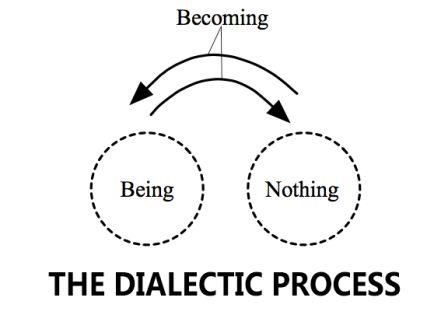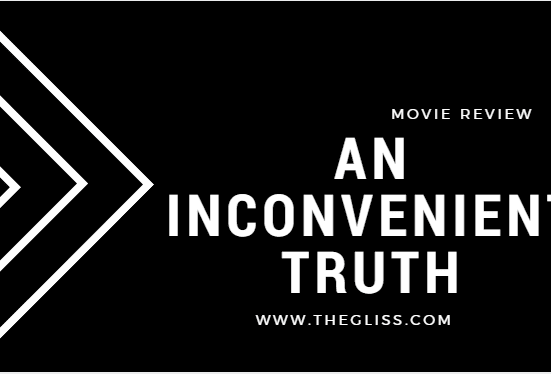Epistemology tends to refer to a theory of knowledge. Famous scholar Augustine discussed in detail the mutual relationship between God’s omniscience and human freedom.
Augustine and Epistemology are based on two truths: God is responsible for every occurrence in this universe, and people have the liberty of choice. However, Augustine never argued that the actions of communities are both determined and free.
Instead of becoming a compatibilist, he gave ample consideration to the self-determination of the human being and denied the fact that God’s providence takes this independence away.
Nevertheless, Augustine does not mean that our free actions are not under the influence of God; instead, he takes a dual approach to this issue, making his judgments from both perspectives and referring to epistemology.
Augustine and Epistemology Diverse Nature
Epistemology is a branch of philosophy that deals with human knowledge’s nature, scope, and limits. It seeks to answer questions such as:
What can we know?
How do we acquire knowledge?
What are the sources of knowledge?
One prominent figure in the history of epistemology is Augustine of Hippo, a Christian philosopher and theologian who lived in the 4th and 5th centuries.
His religious beliefs profoundly influenced Augustine and his views on epistemology. He sought to reconcile faith and reason, emphasizing the role of divine revelation in acquiring knowledge.
Augustine argued that human knowledge is limited and imperfect due to the fallen nature of humanity after Adam and Eve’s disobedience in the Garden of Eden.
According to him, humans are born with a tendency towards sin and are therefore prone to errors and biases in their pursuit of knowledge.
Augustine’s concepts about God’s omniscience and human freedom under Epistemology are both metaphysically impossible and heretical. For instance, being from the influence of God is linked to libertarianism, but Augustine himself was not a libertarian.
Therefore, these two propositions can be explained philosophically by considering them harmful and showing that denying either concept is impossible.
It cannot be denied that everything in this world has come from God, the sole creator of this universe. God’s role as the administrator and inventor of the globe has been well-defined and proven logically. In the same sense, having free choice and independence also cannot be repudiated. Therefore, a theological explanation remains the best possible explanation under these conditions.
Epistemology and Freedom
The interconnection between God’s omniscience and human freedom is a vexed issue in modern philosophy. The actions taken by God and the independent activities performed by human beings seem to be exclusive alternatives.
For instance, if God’s foreknowledge is considered absolute sure and every occurrence in the universe is exclusively attributed to God, it becomes challenging to explain that human choices are independent. The same is true if God’s grace is seen as a noble choice that may benefit the human being.
Contrary to this approach, seeing human freedom as a free entity eliminates God’s contribution theoretically and practically. In this way, the role of God as omniscient or omnipotent becomes less prominent.
However, the vexed philosophical puzzle can be handled by the issue of free choice.
The following debate regarding Epistemology, God’s omniscience, and human freedom put several things at stake regarding the afterlife and ethical manner.
Firstly, the belief that all humans will be presented before God one day is purely based on the spiritual approach of an individual.
Considering these transitions, one will agree to the concepts of the afterlife and the law of judgment only if one also believes in the exclusive power of God to control the whole universe.
On the other hand, the negative side of this approach is that it made human freedom quite conserved and confined to specific criteria as prescribed by the particular religion.
For instance, God orders its people to behave ethically according to His standards to become successful on the Day of Judgment.
Human’s Free Will
The discussion between Pike revolves around the fact that God’s foreknowledge and human’s free will are entirely incompatible. However, the approach by which these two scholars conclude their results considerably differs.
According to Nelson Pike, considering God’s knowledge, pure intelligence in a single flash of intuition becomes opposite to what has been revealed in the Bible.
He believes that the God of Abraham, Issac, and Jacob is very responsive and capable of watching, hearing, thinking, and feeling matters. Epistemology arises in such interlinked gestures.
Pike also argues that “whatever metaphorical interpretations are put on Biblical accounts of God wrestling Jacob or speaking with Moses or acknowledging Jesus at His Baptism, God’s knowledge is inescapably tensed.”
If the above statement is true, it becomes impossible to make the Boethius model of a God experiencing acceptable to mainstream Christians. Moreover, a timeless model of God also clashes with the Biblical account of His creative action and nature.
Faith as Knowledge
Augustine emphasized the importance of faith as a source of knowledge. He believed that certain truths, such as the existence of God and divine revelation, is faith.
For Augustine, faith precedes understanding, and it is through faith that one can attain actual knowledge. He famously said, “I believe in understanding.”
However, Augustine did not dismiss the role of reason entirely. He believed that reason can aid in interpreting and understanding religious truths.
Augustine saw reason as a tool God gave to help humans navigate the world’s complexity. He discerns the meaning behind the divine revelation. He argued that reason can help in service of faith rather than in opposition to it.
Augustine and Epistemology discussed the concept of illumination. Which he believed was necessary for actual knowledge. According to him, God illuminates the minds of individuals, enabling them to understand and perceive truth.
This divine illumination is required because human reason alone is insufficient to grasp the ultimate truths of the universe.
A synthesis of faith and reason characterizes Augustine’s epistemology. While he acknowledged the limitations of human knowledge and the importance of divine revelation. He also recognized the role of reason in interpreting and understanding religious truths.
Augustine and epistemology have significantly influenced the development of Christian philosophy and continue to be studied and debated by scholars today.







